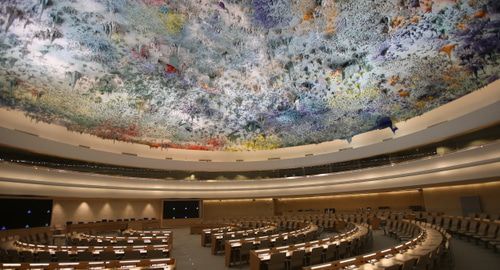
18 October 2019, 11:52
Armenia joins UN HRC
The election of Armenia to the United Nations Human Rights Council was approved by 144 countries.
In 2020-2022, Armenia will be a member of the UN HRC; 144 countries supported its candidacy, Zograb Mnatsakanyan, the head of the Armenian Ministry of Foreign Affairs (MFA) wrote in his Twitter.
The UN includes 193 states, says the UN website.
"We aim to work diligently with all our partners by promoting human rights goals," Minister Mnatsakanyan has stated.
"The election to the UN HRC is a sign of confidence of the international community, especially in the field of human rights," Nikol Pashinyan, the Armenian Prime Minister, wrote in his Facebook.
The HRC consists of 47 UN member states, which are elected by the UN General Assembly.
This article was originally published on the Russian page of 24/7 Internet agency ‘Caucasian Knot’ on October 18, 2019 at 01:57 pm MSK. To access the full text of the article, click here.




